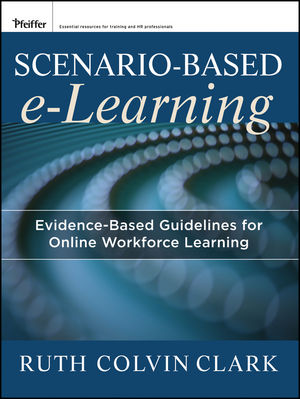What is a Virtual Scenario?
A virtual scenario is an online educational problem or case, designed to help you explore various factors and aspects of the problem, provide feedback on problem solving and decision-making. The concept is based on the work of Ruth Colvin Clark’s Scenario-Based Learning Design. It can be applied to any type of problem, short or long, simple or complex.

We talk about learning from our mistakes. One of the key points in Ruth’s work is that we should embrace this. We learn better in an environment where it is safe to make mistakes and push boundaries. Virtual Scenarios are particularly effective at providing this safe environment.
Virtual Scenarios are now a core concept in OpenLabyrinth. You can find more specifics on exactly how to use OpenLabyrinth for scenario-based learning designs here: http://openlabyrinth.ca/scenario-based-learning-and-openlabyrinth-scenarios/
What is the difference between a virtual scenario and a virtual patient?
Much of the earlier focus of OpenLabyrinth was on virtual patients and you may be wondering what the difference is between a virtual patient and a virtual scenario. At their simplest, they are very similar, the main thing being that OpenLabyrinth does not have to relate to clinical care or patients at all. Any educational problem set or challenge can be potentially explored with OpenLabyrinth.
But virtual scenarios can be much more powerful and complex, dealing with multiple interacting cases, groups of learners, different kinds of simulation modalities, and interacting with other types of online educational applications such as learning management systems (LMSs), learning record stores (LRSs), social media, content management systems, and other learning tools.
Projects that have used Virtual Scenarios
The power of virtual scenarios greatly exceeds that of virtual patients. We have successfully used virtual scenarios in a number of our projects, for example: chronic pain management (DynIA Project); WAVES; TTalk scenarios; opioid dependency therapy (CPSA ODT Alberta course); Norlien TIDE cases on Early Brain & Biological Development.
More info about OpenLabyrinth Virtual Scenarios
http://openlabyrinth.ca/working-with-openlabyrinth-scenarios/ – a how-to set of pages on OpenLabyrinth Scenarios
http://openlabyrinth.ca/scenario-based-learning-and-openlabyrinth-scenarios/ – a broader overview bridging between scenario-based learning design and OLab Scenarios.
